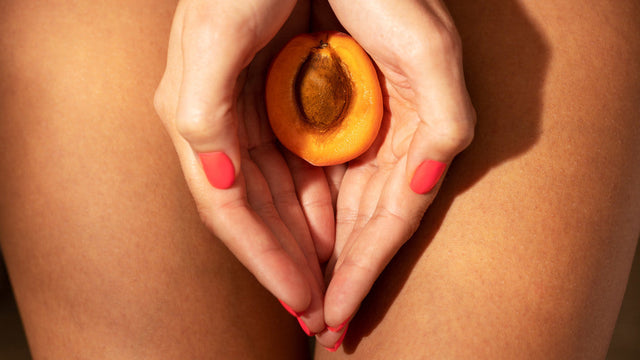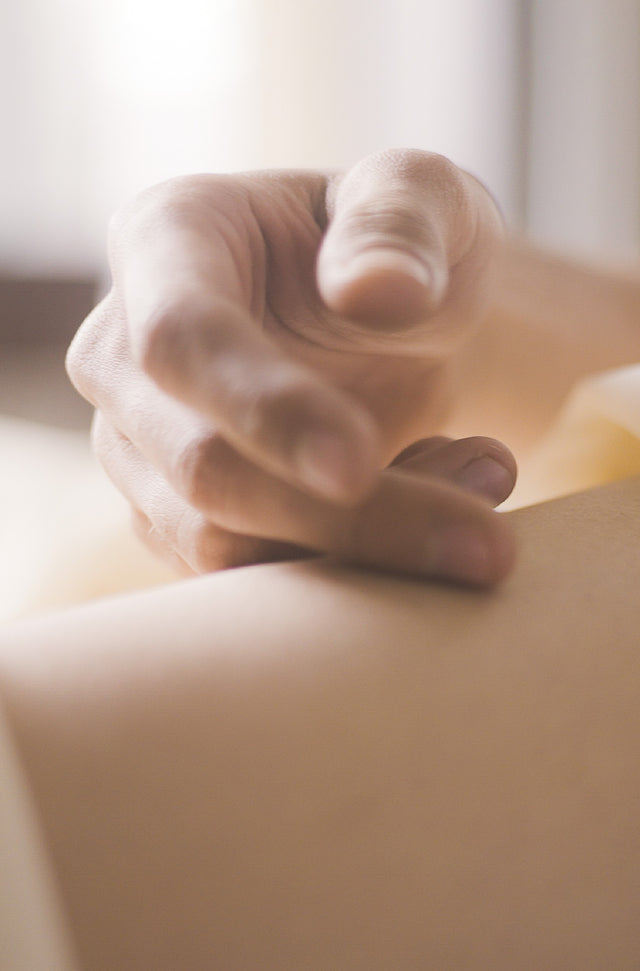Navigating Intimacy with Vaginismus
For many women, the mere thought of discussing vaginismus can induce anxiety and shame. However, the truth is that this condition is far more common than most people realise, affecting countless women around the world.
By exploring the causes, symptoms, and treatment options available, women can begin to understand and overcome this.
In this blog, we will delve into the complexities of vaginismus and provide insights on how to cope with and manage this condition.
What is Vaginismus?
Vaginismus is a condition that affects many women and can cause discomfort and pain during intercourse.
Causes of Vaginismus
It is a medical condition that is caused by involuntary muscle spasms in the vaginal area. These spasms can make it difficult and, in some cases, impossible to engage in sexual activity.
The causes of vaginismus are not always clear, but there are a few known factors that can contribute to the condition.
One of the most common causes of vaginismus is anxiety related to sex.
Women who have experienced trauma, such as sexual abuse or assault, may be particularly susceptible to vaginismus.
Other causes of vaginismus can include hormonal imbalances, infections in the genital area, or even certain medications.
Symptoms of Vaginismus
The symptoms of vaginismus can vary from woman to woman.
In some cases, the symptoms may be relatively mild and only cause discomfort during intercourse. In other cases, the symptoms can be severe and make it impossible to engage in sexual activity.
Some of the most common symptoms of vaginismus include pain during intercourse, difficulty inserting tampons or other objects into the vagina, and involuntary muscle spasms in the vaginal area.
Diagnosing Vaginismus
Diagnosing vaginismus can be challenging, as there is no single test or exam that can definitively identify the condition. However, doctors may perform a physical exam to check for any physical abnormalities or infections in the vaginal area. They may also ask about a woman's sexual history and any symptoms she may be experiencing. In some cases, doctors may refer women to a specialist, such as a gynaecologist or sex therapist, to help diagnose the condition.
Treatment Options for Vaginismus
While vaginismus can be a difficult condition to deal with, fortunately, there are a variety of treatment options available that can help women manage and overcome the symptoms.
These treatments may include:
1. Kegel exercises
Kegel exercises involve tightening and releasing the muscles in the pelvic floor. These exercises can help strengthen the muscles in the vaginal area and may be helpful in reducing muscle spasms associated with vaginismus.
2. Counselling
Counselling can be helpful for women who are experiencing anxiety or other emotional issues related to sex. A sex therapist or other mental health professional can help women address these issues and develop strategies for managing the symptoms of vaginismus.
3. Medications
In some cases, doctors may prescribe medications to help reduce pain or muscle spasms associated with vaginismus. These medications may include muscle relaxants or pain relievers.
4. Vaginal dilators
Vaginal dilators are cone-shaped devices that can be used to gradually stretch the vaginal muscles. This can help reduce muscle spasms and make it easier to engage in sexual activity over time.
5. Surgery
In rare cases, surgery may be necessary to treat vaginismus. This may involve cutting or removing some of the muscles in the vaginal area to help reduce muscle spasms.
Coping with Vaginismus
Coping with vaginismus can be challenging, but there are a few things that women can do to manage the symptoms. For example, practising relaxation techniques such as deep breathing or meditation can be helpful in reducing anxiety and muscle tension.
Additionally, women may want to try using water-based lubricants during sex to help reduce pain and discomfort.
The end note!Vaginismus is a difficult condition that can cause a great deal of physical and emotional distress for women.
Check out atease to find lubricants that could help you get relief from this painful condition. Also, check out other products that we offer.
You may want to learn more about such topics. If you do, Check out the Your Guide section on the website.
Stay connected with us on Instagram for updates on sexual health. Tap here to follow now.
Also Read :Debunking Sexual Myths | Effective communication skills in Relationship | Art Of Stimulating Erogenous Zones


